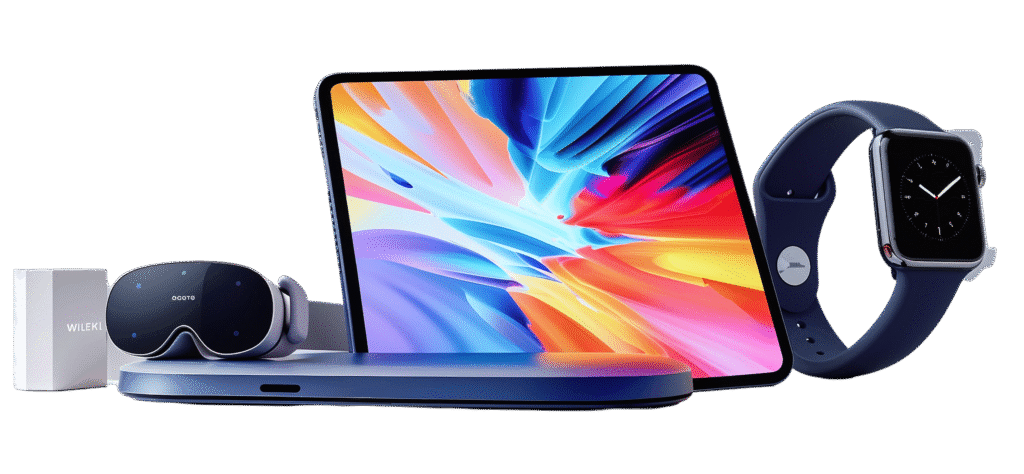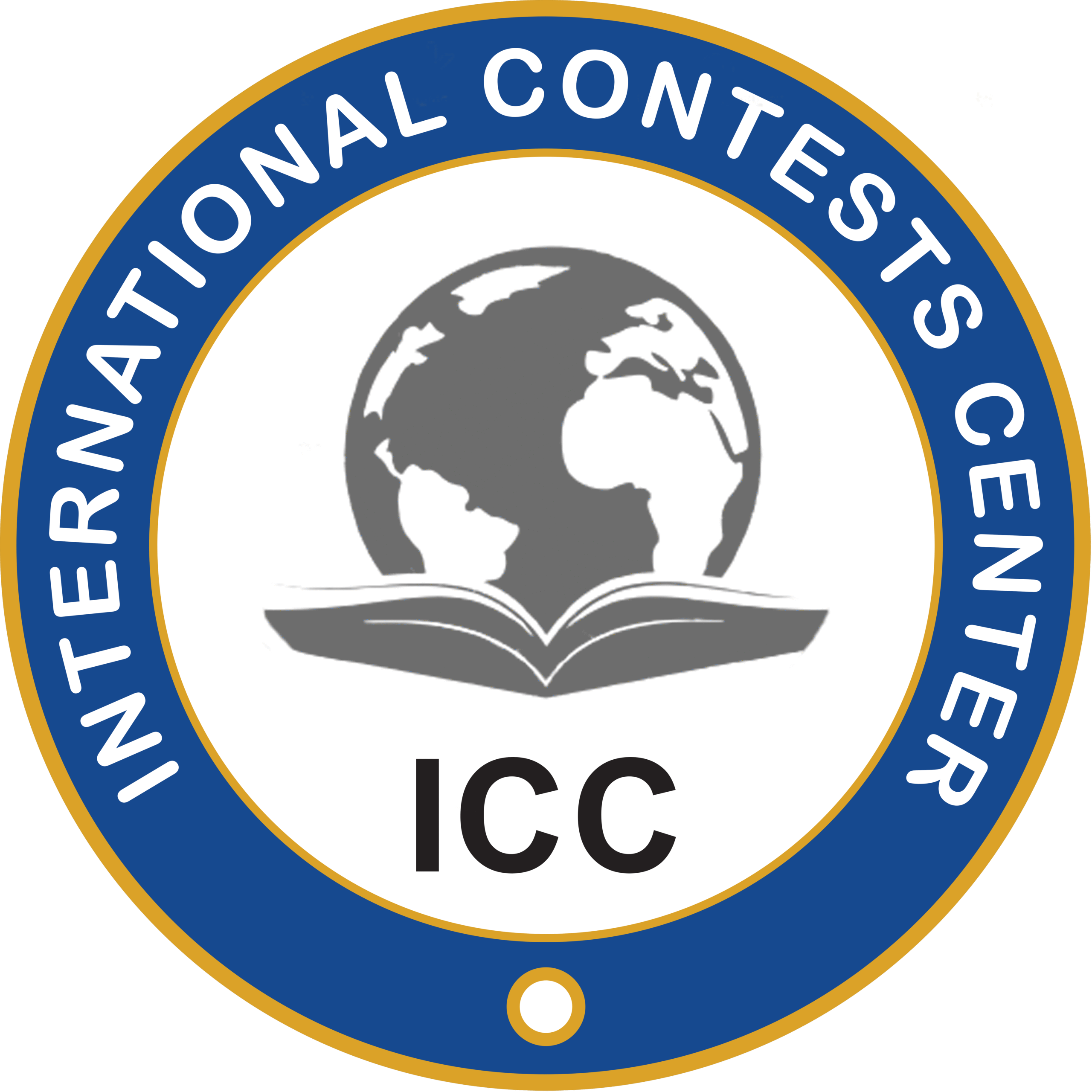Copernicus
Physics & Astronomy Olympiad
Competitions that test knowledge in Physics and Astronomy serve a pivotal role in education and society. The goal of the Copernicus Physics and Astronomy Olympiad is to encourage students to delve deeper into these subjects, fostering a love of learning and intellectual curiosity. The Olympiad hones critical thinking and problem-solving skills by challenging young minds with complex problems and promoting collaboration. From the atomic structure of matter to the geopolitics of satellite networks, the Physics and Astronomy Olympiad challenges students to explore, experiment, and engage with the universe on every level. Moreover, this competition creates a platform for budding scientists and astronomers to showcase their talents and innovations, ultimately nurturing the next generation of thinkers who will shape the future of science and technology. In a world increasingly reliant on scientific advancements, fostering expertise in Physics and Astronomy through competition is not just valuable—it is essential to the progress and well-being of humanity.
Physics & Astronomy Olympiad
Rules And Regulations
Please ensure you carefully follow all exam rules and regulations:
- The Copernicus Physics and Astronomy Olympiad is an international competition open to students from Grades 7 to 12.
- The Olympiad consists of two rounds: the Preliminary Round and the Global Round.
- Students may register online via website or get registered through their schools.
- All registered participants will take an online qualifying exam for the Preliminary Round.
- The examination process is divided into two rounds.
How to Qualify?
Copernicus Physics & Astronomy Olympiad
Here are some guidelines to follow for qualifying in Natural Science Olympiad,
1.
The exam includes a total of 20 questions: 15 multiple-choice questions and 5 open-ended questions designed to assess deeper understanding and critical thinking.
2.
The duration of this paper is 75 minutes.
3.
Students must take the exam based on their respective grade category:
✔ Category 1 – Grades 7 & 8
✔ Category 2 – Grades 9 & 10
✔ Category 3 – Grades 11 & 12
4.
Students who score at least 40% in the Preliminary Round are eligible to participate in the Global Round.
5.
Global Round qualifiers must complete a separate registration on the official website.
6.
Details regarding the date and venue of the Global Round will be announced in August 2025.
7.
The Global Round exam features 20 questions: 15 multiple-choice questions and 5 open-ended questions covering Natural Science, with subcategories similar to those in the Preliminary Round.
Physics & Astronomy Olympiad
Awards
Below are the Award details for both the Preliminary and Global Rounds of the Physics & Astronomy Olympiad.
Preliminary
Round:
- All Preliminary Round participants, regardless of score, will receive a Certificate of Participation.
- Students who qualify for the Global Round will receive a Certificate of Achievement and a medal (gold, silver or bronze) based on their Preliminary Round performance.
- In the Preliminary Round, medals will be awarded based on the following percentages :
- 40% to 49% – Honorable Mention Certificate
- 50% to 74% – Bronze Medal
- 75% to 90% – Silver Medal + 5% discount in the Global Round registration fees
- 91% to 100% – Gold Medal + 10% discount in the Global Round registration fees
- Absolute winners (youngest top scorers) of each category will receive free participation in the Global Round.
Global
Round
- All Global Round participants, regardless of score, will receive a Certificate of Participation.
- In the Global Round, medals will be awarded based on the following percentages:
- The top 10% will receive a Gold Medal.
- The next 11-30% will receive a Silver Medal.
- The next 31-60% will receive a Bronze Medal.
- The next 61-75% will receive an Honorable Mention Certificate.
Category (1-3)
1st place – iPad / MacBook
2nd place – Oculus Quest 2
3rd place – Apple Watch SE

Physics & Astronomy Olympiad
Past Papers
Syllabus
Physics & Astronomy Olympiad
Category 1 (Grades 7 & 8)
Physics
● Conservation laws (momentum, angular momentum)
● Impulse and collisions
● Rotational motion and torque
● Gravitation beyond basic concepts
● Kinetic theory of gases
● Thermodynamic processes (isothermal, adiabatic, etc.)
● Entropy and the second law of thermodynamics
● Electromagnetic induction
● Faraday’s law of electromagnetic induction.
● Lenz’s law
● Alternating current (AC) circuits
● Interference and diffraction of light
● Polarization of light
● Modern optics, including wave-particle duality.
● Quantum mechanics in the context of light and photons
● Special theory of relativity.
● Quantum mechanics, wave functions, and probability.
● Atomic and molecular physics.
● Nuclear physics and particle physics
Astronomy
● Stellar formation and evolution, including the life cycles of various types of stars
● Stellar nucleosynthesis and the creation of elements
● Supernovae and neutron stars
● The structure and dynamics of galaxies
● Active galactic nuclei, including quasars and blazars
● Galaxy clusters and the large-scale structure of the universe
● The expanding universe and the Hubble law
● Cosmic microwave background radiation
● Dark matter, dark energy, and the fate of the universe
● Inflationary theory and the Big Bang
Category 2 (Grades 9 & 10)
Physics
● Newton’s laws of motion
● Types of forces
● Speed, velocity, and acceleration
● Simple machines
● Forms of energy
● Energy transformation
● Conservation of energy
● Properties of sound waves
● Sound dispersion and the Doppler effect
● Properties of light
● Behavior of light
● Lenses and their application
● Electromagnetic spectrum
● Electric circuits and components
● Heat transfer
● Properties of fluids
● Fluids dynamics
● Buoyancy and Archimedes Principle
Astronomy
● Solar system
● The Sun
● Moon, asteroids, and planets
● Asteroid belt and Kuiper belt
● Celestial motions
● Day and night, seasons, and moon phases
● Eclipses
● Stars and their characteristics
● Constellations and their cultural significance
● Life cycle of stars
● Types of galaxies
● The Big Bang Theory
● Meteor showers
● Auroras
Category 3 (Grades 11 & 12)
Life Science
● Human body systems – homeostasis and feedback mechanisms
● Cell mutation
● Central dogma of molecular biology (DNA – structure and replication)
● Genetic engineering and ethical issues in biotechnology
● Biomolecules (carbohydrates, lipids, proteins, nucleic acids)
● Polymers
● Invertebrate diversity, evolution, and classification
● Vertebrates’ diversity, evolution, and classification
● Phylogeny and cladistics
● Theory of evolution and natural selection
● Forces of evolution
● Population genetics
Physical Science
● Scientific notation and significant figures
● Accuracy and precision
● Dimensional analysis
● Valence electrons
● Electron configurations
● Chemical bonding
● Endothermic and exothermic reactions
● Redox reaction
● Chemical nomenclature
● The Special Theory of Relativity
● Kepler’s law
● Laws of stratigraphy
● Relative and absolute dating (computing half-life)
● Expansion of universe
● Dark matter
FAQs
Helping You Understand International Contests Center (ICC) Better.
follow the link to get the preparatory Material,
https://icccenter.com/
More than 5 students will appear paper base and less than 5 students will appear online.
For Natural Science/ Maths: Grade (02 to 12 & O/A Level)
For Physics & Astronomy: Grade (08 to 12 & O/A Level)
For English: Grade 1 - 10
Last date of submit the registration form for Natural Science and Physics Atronomy is 28 August 2025.
For a private participant, you need to have the following requirements for the Olympiad:
1) Strong & Stable Internet
2) Individual Laptop/ Mobile/ Tablet
3) Camera and Mic should be working
Please send all your questions and comments to info@icccenter.com or call directly to ICC Support Team +92423-6662377, +92-423-6612109, +92-300-5866609, +92-300-4266810 . Your queries will be addressed straight away.
